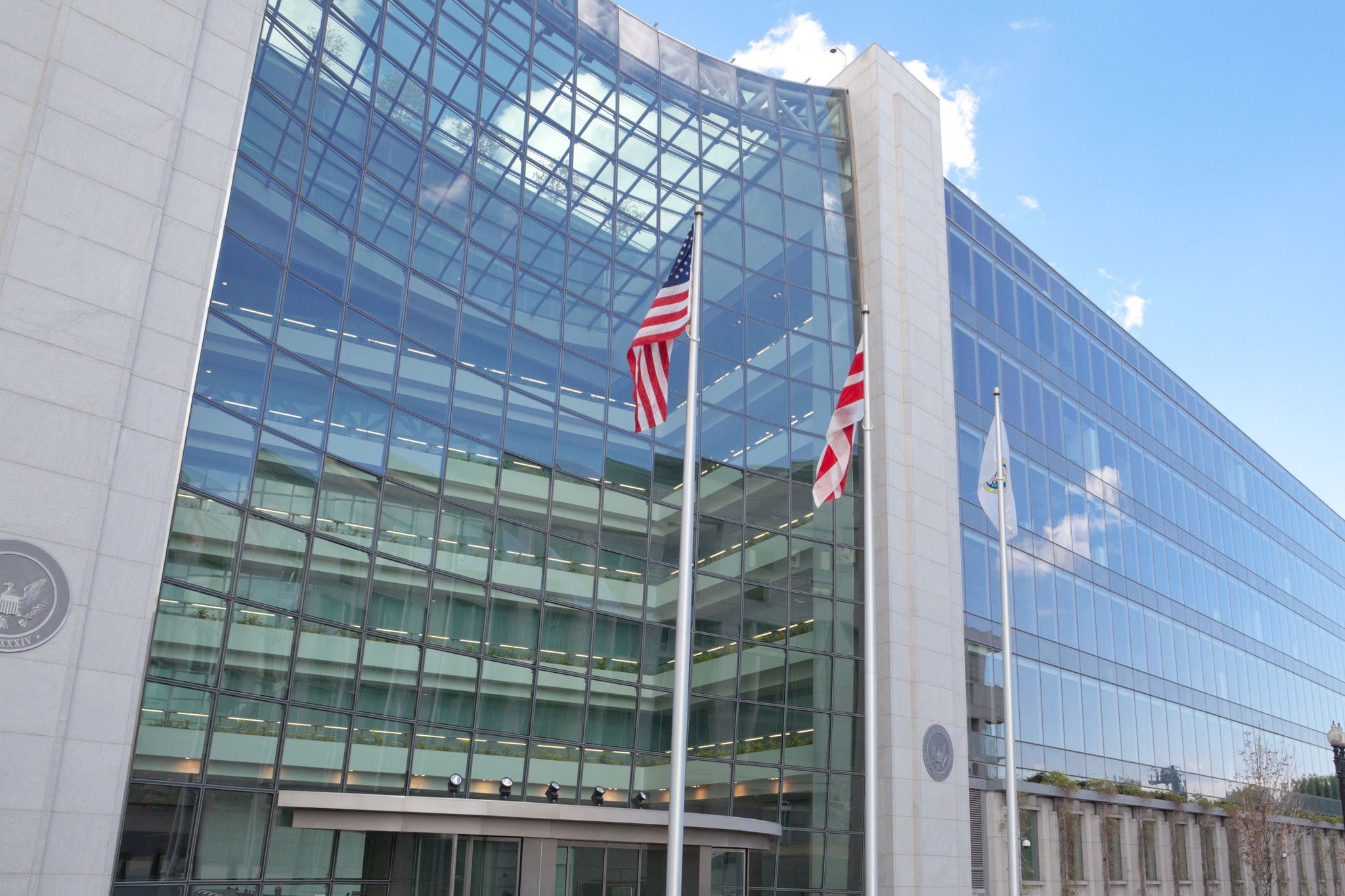EY refers to the global organization, and may refer to one or more, of the member firms of Ernst & Young Global Limited, each of which is a separate legal entity. Ernst & Young Global Limited, a UK company limited by guarantee, does not provide services to clients.
How EY can help
-
EY Center for Board Matters. We support board members in their oversight role by helping them address complex boardroom issues. Find out more.
Read more -
A virtual newsstand of US technical accounting guidance and financial reporting thought leadership produced by the EY US Professional Practice Group.
Read more
SEC rulemaking is a primary tool through which Gensler has sought to address these priorities. In 2023, the SEC finalized more rules than were proposed for the first time under Gensler’s tenure, bringing new requirements in areas ranging from cybersecurity disclosures to US Treasury securities clearing to private fund transparency. The SEC plans to finalize a number of rules in 2024 as well, as reflected in its recently updated rulemaking agenda.ᶦ This includes potential rulemakings that would impact disclosures, shareholder proposals and private issuers.
SEC rulemaking has attracted both support and criticism from capital market stakeholders. In 2023, many of the final rules were approved by a nonunanimous Commission vote, and several rules have been challenged in court. For 2024, litigation will create some uncertainty as market participants seek to implement new rules. In addition, the impending US elections and planned SEC activity in high-profile areas, such as rulemaking on climate-related disclosures, mean that stakeholder engagement — including from lawmakers, market participants and investor groups — may increase.
The SEC priorities for 2024 also include technology-related topics. The SEC is expected to continue to take steps to address the role of new technologies in the capital markets, including crypto assets and artificial intelligence (AI), drawing on all of the agency’s tools.
An active enforcement program also will continue to be a hallmark of the Gensler SEC, which includes a heightened focus on gatekeepers. As reported in November, the SEC enforcement program last year brought actions against market participants and imposed financial penalties in numbers higher than for most recent years.
Below we explore five areas of SEC activity in 2024 that may be of interest to investors, board members and issuers: disclosure rulemaking, shareholder proposals, private company rulemaking, technology and enforcement. Given the extent of SEC-related activity in these and other areas, market participants should consider closely monitoring developments throughout the year.












